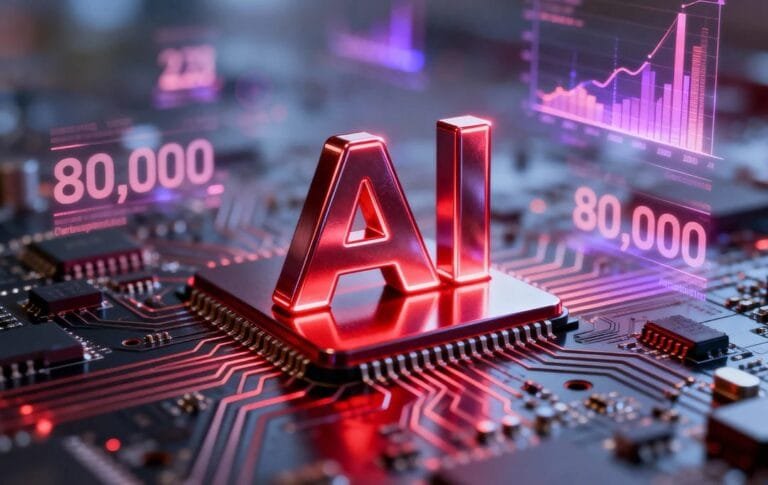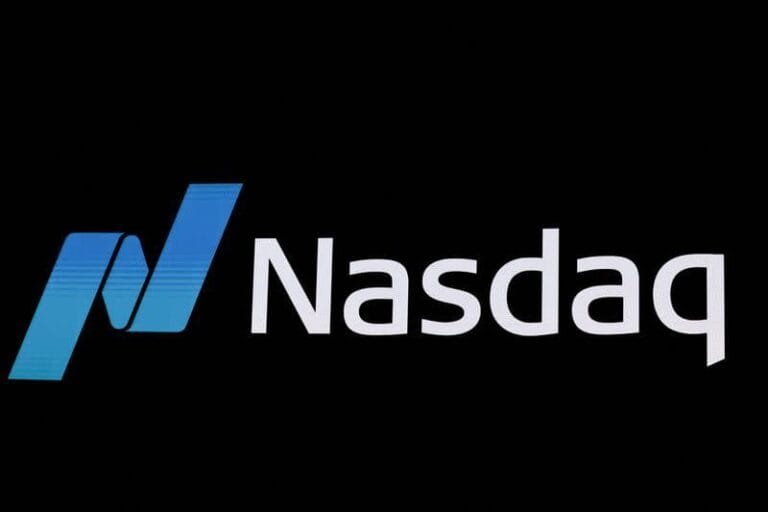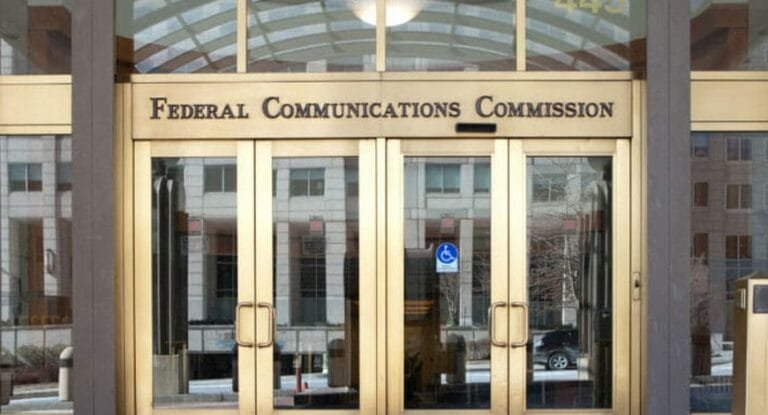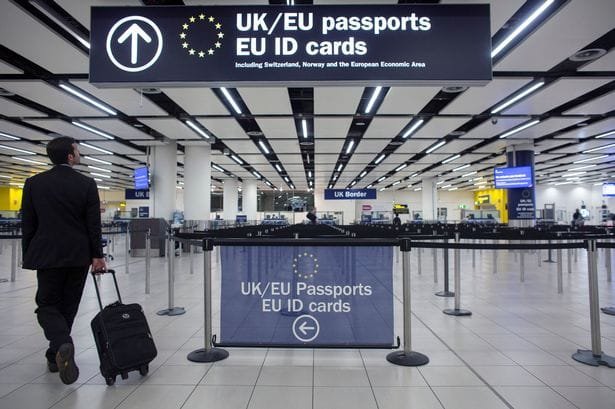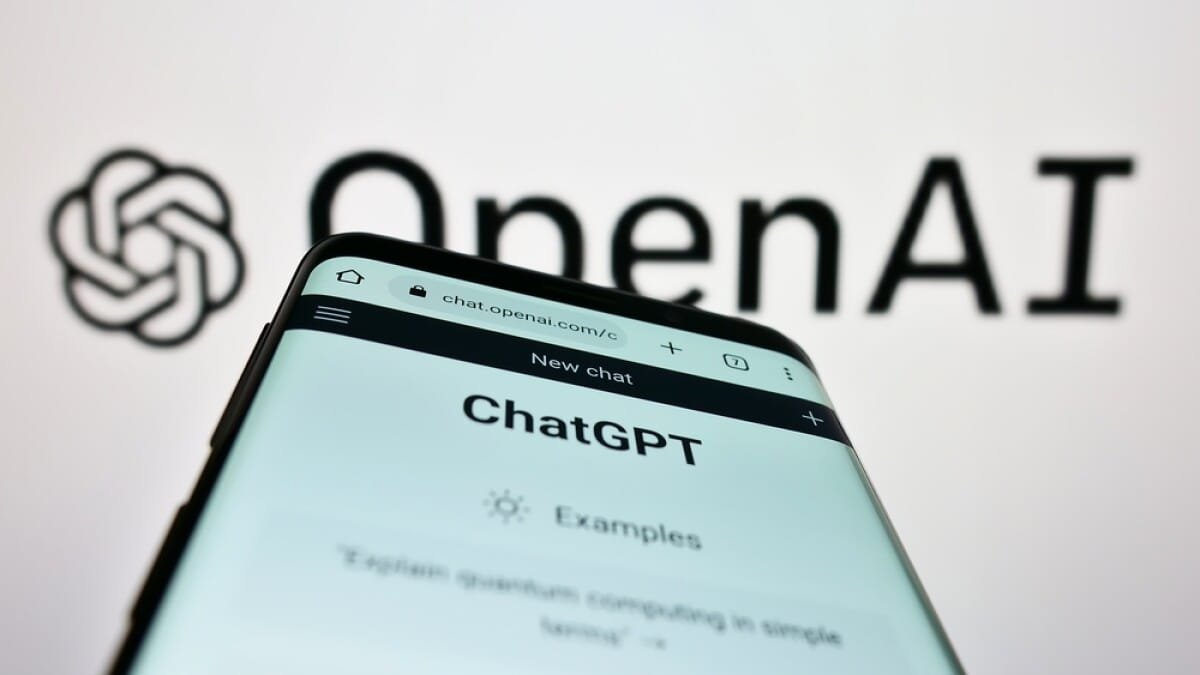
ChatGPT’s new break reminder helps users maintain healthier screen habits.
OpenAI looks to promote healthy use of ChatGPT with mental health updates reminders
So recently OpenAI has released some important updates for ChatGPT. And which are aimed at promoting mental health and ensuring ‘healthy use’ of chatbots. This move comes at a time when concerns are growing over the increasing use of AI and its potential negative effects. Especially in the field of mental health. OpenAI has taken these concerns seriously and worked towards making its platform more responsible and user-centric. Also, the main essence of these updates is to see AI not just as an information giving tool but as an assistant that prioritizes the well-being of the user. This is a big change that can shape the future of AI. Let’s understand these updates in detail
Break Reminders Help Improve ChatGPT Mental Health Use
So OpenAI has added the break reminder feature to ChatGPT. This feature reminds users that they have been interacting with the chatbot for a long time and now is a good time to take a short break. Also why this is important is that AI chatbots like ChatGPT are highly engaging. They can keep users engaged in their conversations for hours. In some people, this can lead to over-dependence and addiction to screen time. This move by OpenAI is to solve this problem. This reminder alerts the user and motivates them to get out of the digital world and return to real life. And how does it work?
If a user is communicating with ChatGPT for a long time, a gentle message will pop up saying, “You have been chatting for a while, is it a good time to take a break?” There can be options like “Continue with it” or “Take a break”.
Emotionally Sensitive Replies in ChatGPT Mental Health Update
What is it? So OpenAI has improved ChatGPT’s responses in such a way that it responds to emotionally sensitive and high-stakes questions in a more careful and balanced way. Also why is it important? So earlier AI models like ChatGPT could sometimes give very direct or black-and-white answers on sensitive topics like should I break up my relationship or should I quit my job? In such cases, the AI’s response could increase the user’s confusion or lead him in the wrong direction. Mental health professionals had raised concerns that people would start looking at AI as a therapist or life coach, whereas AI does not have human empathic experience or discretion. Also how does it work? So now when a user asks this question, then OpenAI has improved ChatGPT’s responses in such a way that it responds to emotionally sensitive and high-stakes questions in a more careful and balanced way.
Also why is it important? So earlier AI models like ChatGPT could sometimes give very direct or black-and-white answers on sensitive topics like should I break up my relationship or should I quit my job? In such cases, the AI’s response could increase the user’s confusion or take him in the wrong direction. Mental health professionals had raised concerns that people would start looking at AI as a therapist or life coach, whereas AI does not have human empathic experience or discretion. Also how does it work? So now when a user asks this question, then OpenAI has improved ChatGPT’s responses in such a way that it responds to emotionally sensitive and high-stakes questions in a more careful and balanced way. Also why is it important? kind of question. So ChatGPT will prompt the user to consider different aspects of the situation instead of answering directly yes or no.
Why ChatGPT’s Psychological Approach Matters
So this change is very important. Which puts AI in a supporting role, not as an advisor or decision maker. It leads the user to self-reflection and self-awareness. Which is very important for mental health. And it reminds that the most important decisions should be made by us ourselves and for this we should analyze our feelings, thoughts and circumstances. Also the psychological approach, according to psychology, constant screen time and being engaged in the same type of activity can increase mental fatigue, lack of attention and even loneliness. And this reminder helps to break this pattern. It reminds users that AI is a tool. Not a substitute for a therapist or friend. This feature empowers users to reflect on their digital habits and take conscious breaks.
Recognizing emotional distress and prompting for professional help
So OpenAI has improved ChatGPT’s ability so that it can better recognize signs of emotional or mental distress. If the chatbot feels that a user is in distress. Then it will suggest him to seek help from professional mental health resources or experts. Also why is this important Some people, especially youth, are resorting to AI chatbots to share their loneliness or mental troubles. In such cases, the unexpected or unbalanced response of AI can make the situation worse. And the goal of AI is not to become a substitute for human therapy in any way.
Also it is important that the user is clear that AI is only a tool. And for serious mental health problems, he should seek help from a qualified professional. Also how does it work. Which OpenAI has worked with more than 90 medical professionals and human-computer interaction (HCI) researchers from more than 30 countries for this initiative.
Reducing loneliness ChatGPT mental health
For some people, AI chatbots can act as a helper. And people struggling with loneliness can feel a little better by talking to a chatbot. Because it gives them the feeling of being heard and responded to without any prejudice. Also access to information that ChatGPT can provide general information related to mental health such as stress management techniques, mindfulness exercises or information about a particular situation. This can be useful for people who are not able to contact a professional immediately. Also clarifying thoughts that chatbots can be used as a sounding board. Where people can organize their thoughts by writing or speaking. This can help them understand their problems better. Also encouragement and motivation that AI chatbots can help users meet daily goals, start a good habit or give motivation during difficult times.
Negative effects and concerns
So the biggest concern is that users can become too dependent on chatbots. Also it can reduce real human relationships and social interaction, which can increase loneliness and isolation. As well as confusion and misinformation that although AI is very advanced, it can still give wrong or misleading information. Misinformation can be very harmful in the field of mental health. A wrong advice can make a person’s condition worse. Also lack of empathy that AI does not have real emotions or empathy. And it only responds based on data and patterns. When a person is in emotional distress. So he needs not just information but empathy and understanding which an AI cannot provide. Also wrong validation that in some cases AI can validate the wrong thinking or negative patterns of the user.
The Future of ChatGPT and Mental Health Tools
So these updates of OpenAI are a step in an important direction. And they recognize that in the creation of AI it is necessary to consider not only technical efficiency but also ethical responsibility and social impact. Also, the company has worked closely with medical professionals and researchers to take these steps which is a sign that they are taking this problem seriously. And in the future we can expect AI chatbots to become more human-centric. Also, they will not only answer our questions but will also prioritize our well-being. But it is important to remember that AI can never be a substitute for a real human, especially when it comes to mental health.


